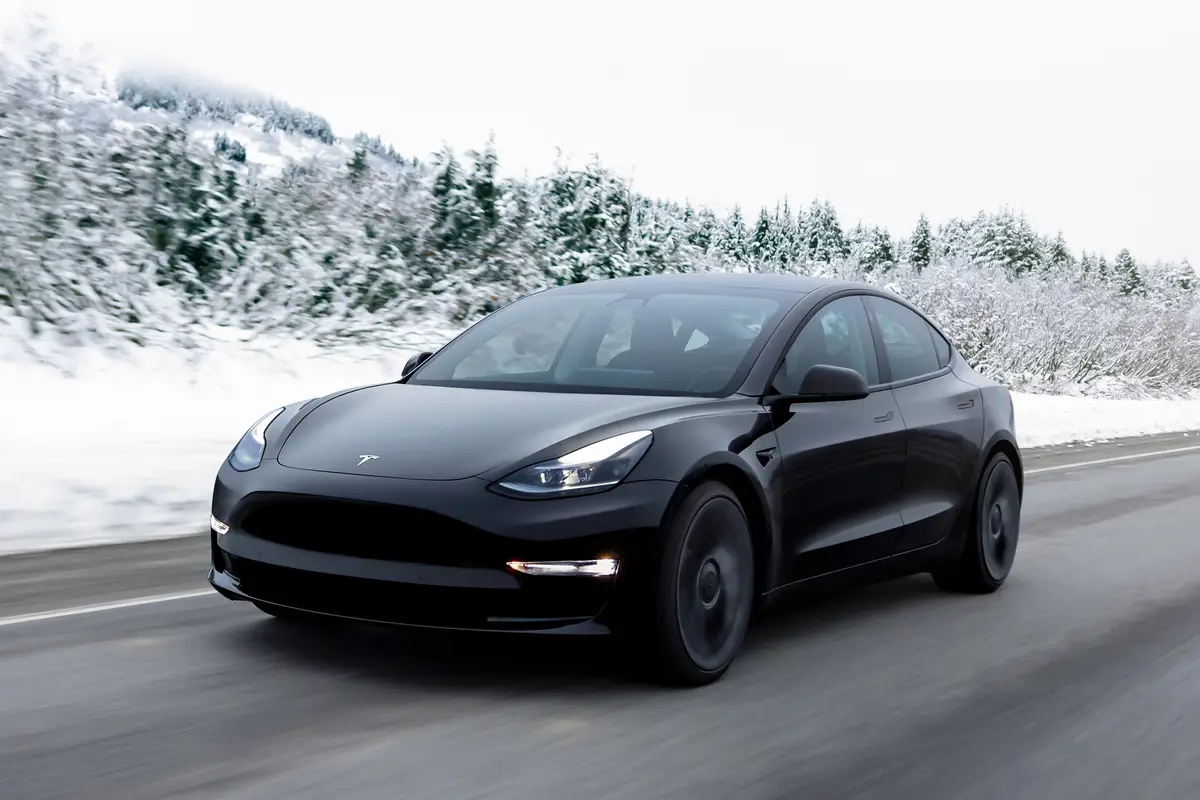Admis Asia: Insights into the Dynamic Asian Market
Exploring the latest trends and developments across Asia.
Shockingly Silent: The Surprising Truth About Electric Cars
Discover the hidden secrets of electric cars that will astonish you! Uncover the truth behind their silent revolution today.
Are Electric Cars Really as Eco-Friendly as They Claim?
The debate around electric cars and their true environmental impact is often polarized. On one hand, supporters argue that electric vehicles (EVs) significantly reduce tailpipe emissions, leading to improved air quality in urban areas. Electric cars are powered by batteries, which can utilize renewable energy sources like wind and solar power, further decreasing their carbon footprint. However, opponents point out that the electricity used to charge these vehicles often comes from fossil fuels, which undermines the claimed environmental benefits.
Another crucial factor to consider is the production and disposal of electric car batteries. The extraction of lithium, cobalt, and other materials required for these batteries often involves environmentally harmful mining practices. Additionally, as more EVs reach the end of their lifecycle, the question of how to recycle or dispose of these batteries becomes increasingly urgent. While advancements are being made in sustainable battery technology and recycling methods, the overall eco-friendliness of electric cars is still a complex issue that warrants careful consideration.

The Hidden Costs of Electric Vehicles: What You Need to Know
While electric vehicles (EVs) are often touted for their ecological benefits and lower operating costs, it's essential to consider the hidden costs that can impact your financial decision. Many consumers focus solely on the purchase price and potential savings on fuel, but additional expenses can add up quickly. Factors such as batteries and charging infrastructure need to be factored into your overall budget. For instance, the cost of installing a home charging station can range from $500 to $2,000 depending on your home's electrical system and the type of charger you choose. Furthermore, replacing the battery, which may be needed after several years, can cost anywhere from $3,000 to $7,000, depending on the make and model of your vehicle.
In addition to battery replacement, maintenance costs can also prove surprising for new EV owners. While EVs generally require less maintenance than traditional gas-powered vehicles, certain components such as tires, brakes, and software updates can lead to unexpected expenses. Furthermore, it's crucial to consider insurance premiums, which can be higher for electric vehicles due to their higher repair costs and specialized parts. When calculating the total cost of ownership, be sure to include these often-overlooked costs to achieve a realistic understanding of what owning an EV will entail.
How Silent Are Electric Cars? The Real Impact on Noise Pollution
As cities around the world strive to reduce their carbon footprint, the transition to electric vehicles (EVs) has been promoted as a significant step forward. One of the most notable claims about electric cars is their quiet operation. Unlike traditional gasoline-powered vehicles, electric cars generate considerably less engine noise, which can lead to a substantial decrease in urban noise pollution. Research has shown that EVs operate at sound levels comparable to that of a whisper, profoundly changing the auditory landscape of our roads and neighborhoods.
However, the real impact of electric cars on overall noise pollution is more complex than it seems. While they significantly reduce engine noise at lower speeds, electric vehicles still produce sounds from tires, wind resistance, and other mechanical components. As a result, the positive effects on urban noise levels could be accompanied by challenges, particularly in busy areas where high-speed travel is common. Furthermore, the transition to electric vehicles requires consideration of pedestrian safety due to their quietness, prompting regulatory debates over noise requirements to ensure that they remain detectable for those with limited hearing.